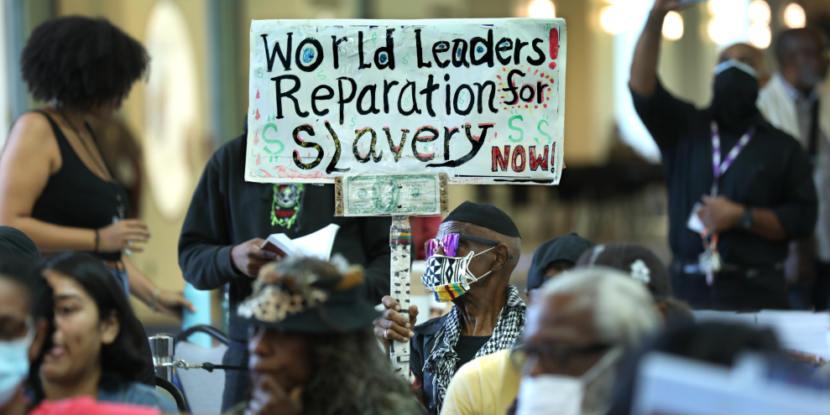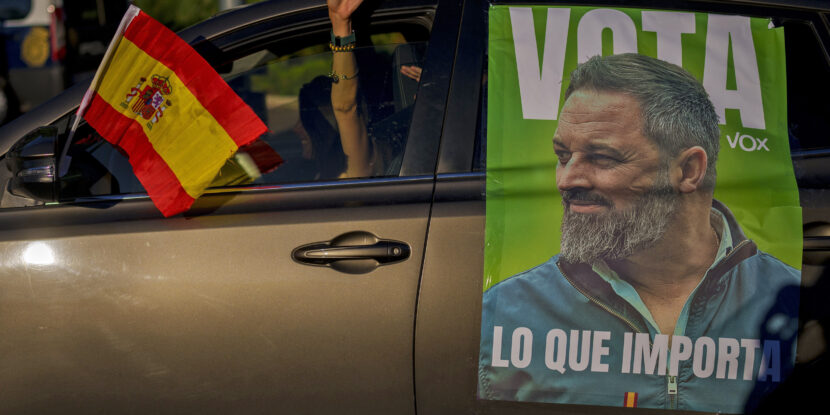Alejandro Vidal-Quadras, a co-founder and former president of the populist Vox party in Spain, has been shot in the face in the national capital of Madrid.
Santiago Abascal, the party’s current leader, says the 78-year-old appears to be “out of danger” following the shooting, carried out on a street in the center of Madrid around 1:30 p.m. local time. No suspect description or possible motive had been disclosed as of the time of publication.
Before starting Vox, Vidal-Quadras was a prominent member of the establishment right Popular Party, acting as its leader in Catalonia and serving in the European Parliament.
Similar in outlook to Marine Le Pen’s National Rally in France, Vox has been gaining popularity rapidly on a eurosceptic, anti-mass migration platform, bolstered by opposition to lockdowns during the Wuhan virus pandemic.
Founded in 2013, it has gone from securing less than 0.25 percent of the vote in its first outings to being a top-three party in multiple elections, with the Popular Party turning to it to form coalition governments at the regional level.
show less






